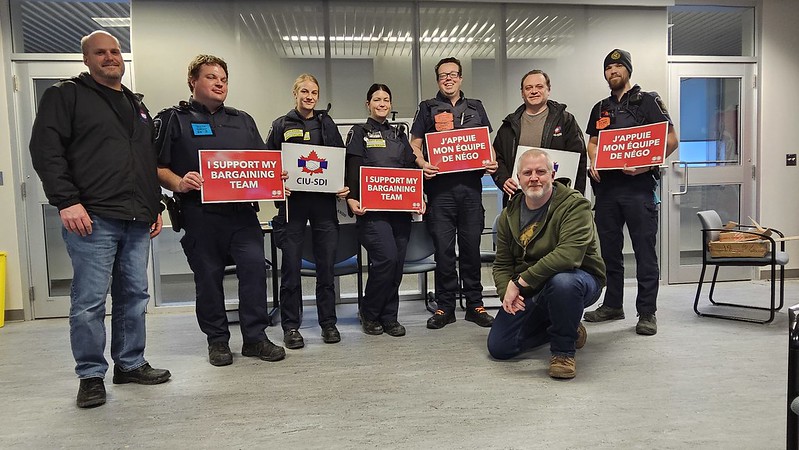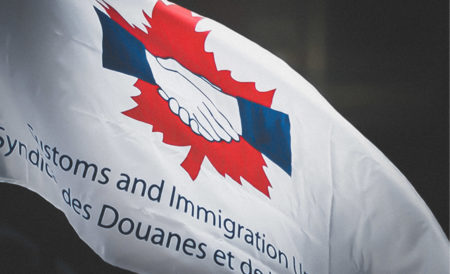February is a time to celebrate, reflect upon, and honour the significant contributions of Canadians of Black, Caribbean or African descent. This year, PSAC is taking the opportunity to highlight the importance of Black leaders in our unions and our communities and renew our support for the Black Class Action’s ongoing fight to eliminate racism and discrimination in the federal public service.
Honouring Black labour leaders: Shaping the union landscape
The rich tapestry of Black history within the labour movement is interwoven with stories of determination and groundbreaking leadership. Black labour leaders have played a pivotal role in championing workers’ rights and influencing positive change in Canada. Their contributions have not only advanced the rights of Black workers, but also paved the way for greater inclusivity for all.
Throughout history, Black leaders within PSAC also led transformative initiatives, negotiated fair contracts, and advocated for policies that promote equality and justice in workplaces across Canada. Their commitment laid the foundation for workplaces that recognize the value of equity and diversity. There is still work to be done and PSAC acknowledges this ongoing journey through the Anti-racism action plan.
Spotlight on the Black Class Action lawsuit: Advocacy and justice
Black federal public service workers have advanced a historic class action lawsuit to highlight the systemic discrimination, racism, and inequality within various sectors of the Federal Public Service.
The Black Class Action lawsuit serves as a means of advocacy, shedding light on the barriers Black workers face in the workplace and seeks to compel all major Canadian institutions to be accountable for their actions. This is an important legal step towards a larger conversation on the importance of reparations.
PSAC continues to call for the federal government to settle the lawsuit on behalf of tens of thousands of Black federal public service workers who have faced decades of discrimination and lost career advancement opportunities.
How you can get involved
- Educate Yourself: Take the time to learn more about the history of Black labour leaders and their contributions to shaping the union landscape iShare Stories: Throughout the month, black labour leaders from PSAC will share their insights regarding Black History Month. Use your platforms to amplify the stories of Black leaders, shedding light on their accomplishments and the challenges they’ve overcome.
- Support Black Class Action: Stay informed about ongoing initiatives and lend your support to efforts aimed at addressing systemic issues within the workforce.
Together, let’s support the continuous efforts of Black workers in creating workplaces that are healthy, safe, and free from discrimination for everyone.
This article was first posted on the PSAC website.


























